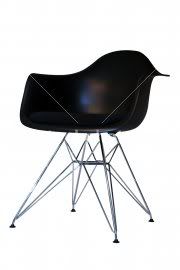
Just got back from a short, bleak trip to Southern California to visit gf's people. Saw up close the daily despair of a small family sliding away from any hope of middle class life. Property values are skyrocketing, and even rentals are impossible for people trying to raise kids on one salary, if you can call a mechanic's wages a salary. The meth epidemic is raging, cocaine is plentiful and relatively cheap, and regular people are tweaking their lives away because they can't face a world where all they are good for is cannon fodder in Iraq. And what is our government doing? busting pot farmers and dealers. After I got back I got caught up on my premium cable shows. If you visit places like SoCal, where economic disparities are unbelievable and the despair is so thick you choke on it, you realize that shows like Showtime's Weeds and HBO's Six Feet Under are not so much about, say, drugs and death as they are about people haunted by everyday terrors like whether or not they can hang on to their homes and lives. Weeds, where a single mother must reinvent her pot business every week to keep her family afloat in the style to which it has become accustomed, lampoons the shallow "necessities" of suburban luxuries like housekeepers and Range Rovers, but speaks to the very real strain of trying to keep up appearances when there is no traditional security--a husband who earns good money, for example--to fall back on. That America, the one where families are one death or job loss or health problem away from utter catastrophe, is the America more and more of us are living in every day. And if you wonder why our television shows are getting darker and darker (Six feet Under has been almost unwatchably sad this season), it might be because it's getting harder and harder for a lot of people to watch what's going on in this country and find something to be cheerful about. It's enough to make you thankful for the cheerful banality of the midwest, which I confess, I am.

